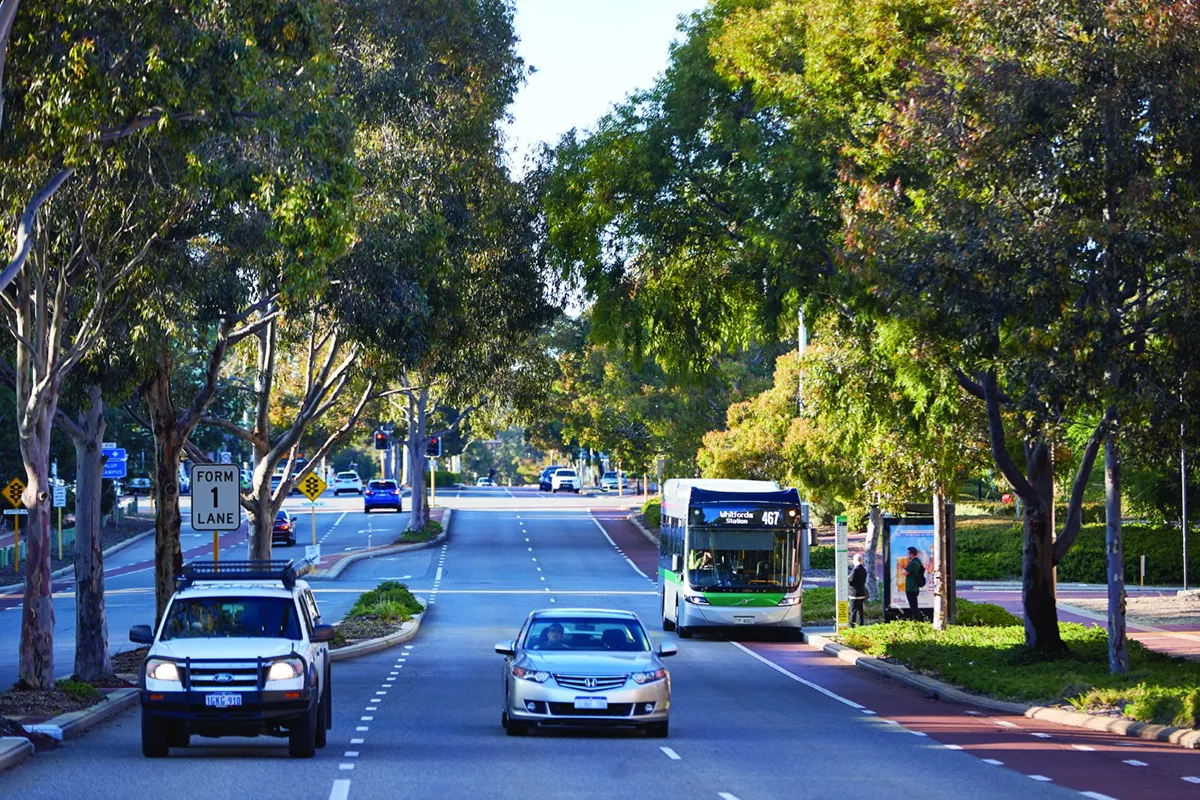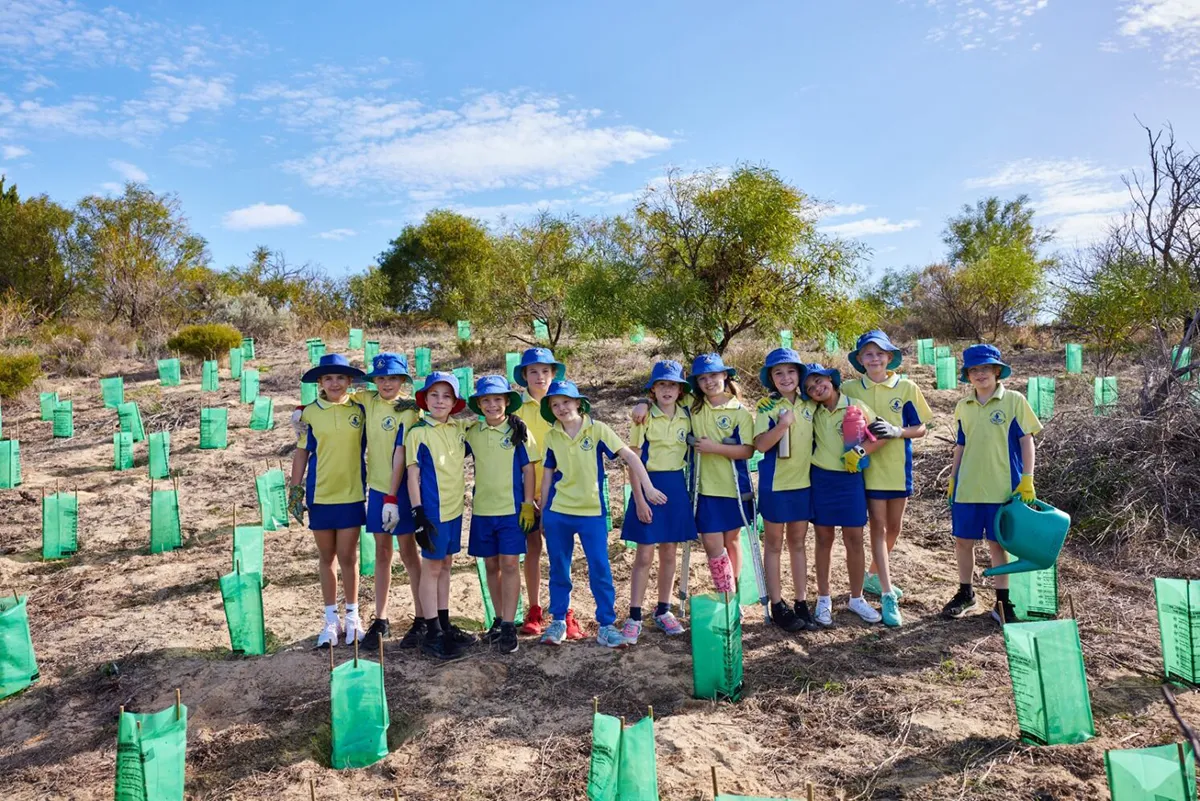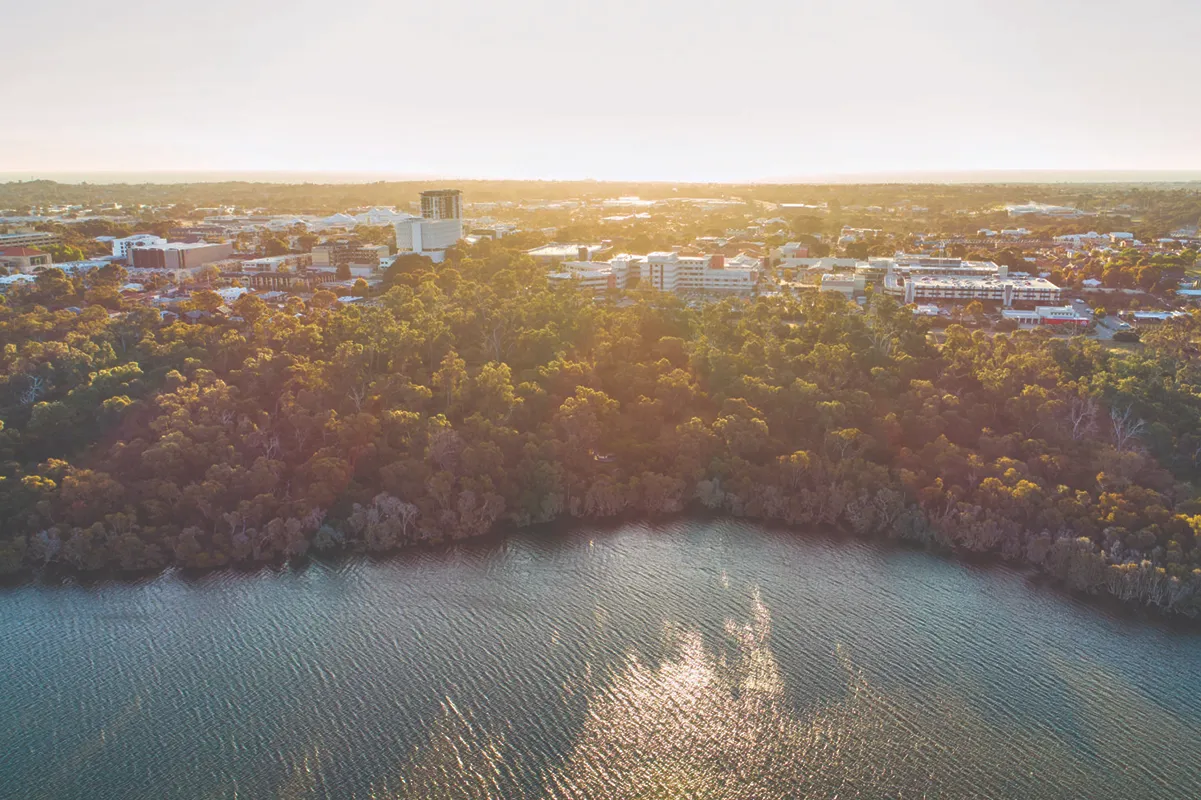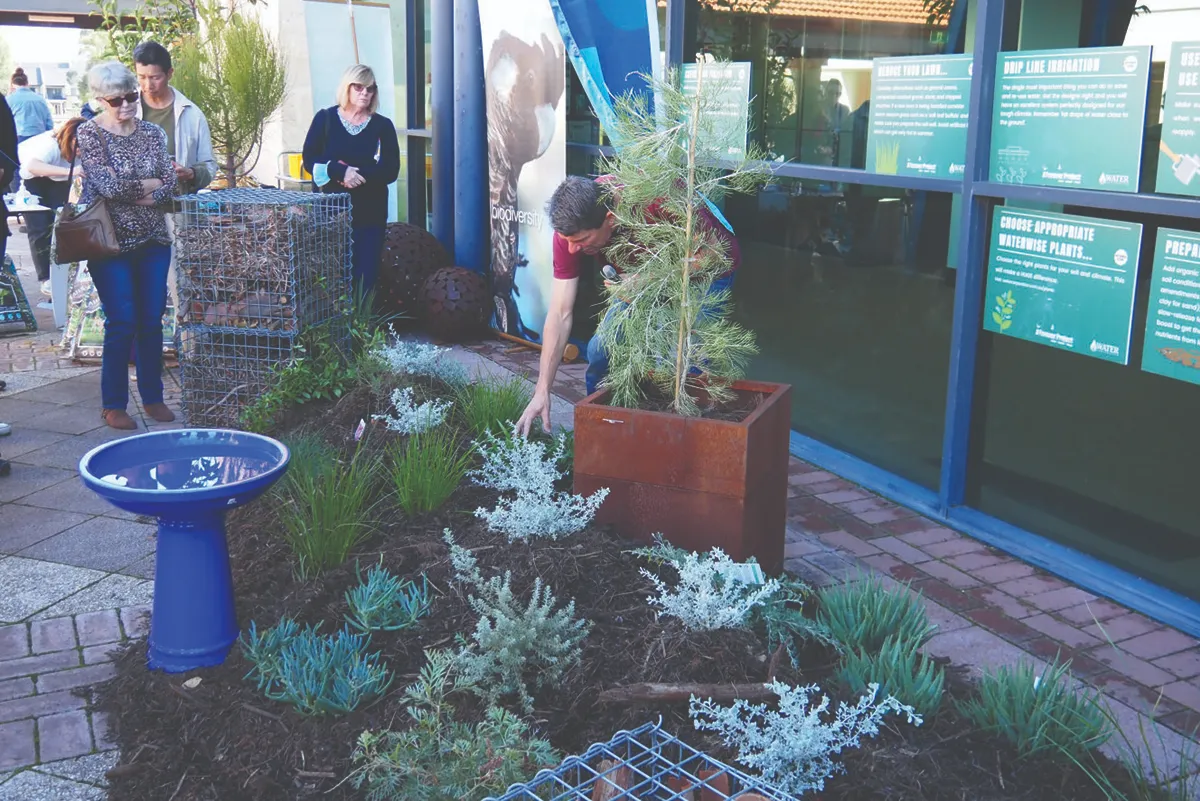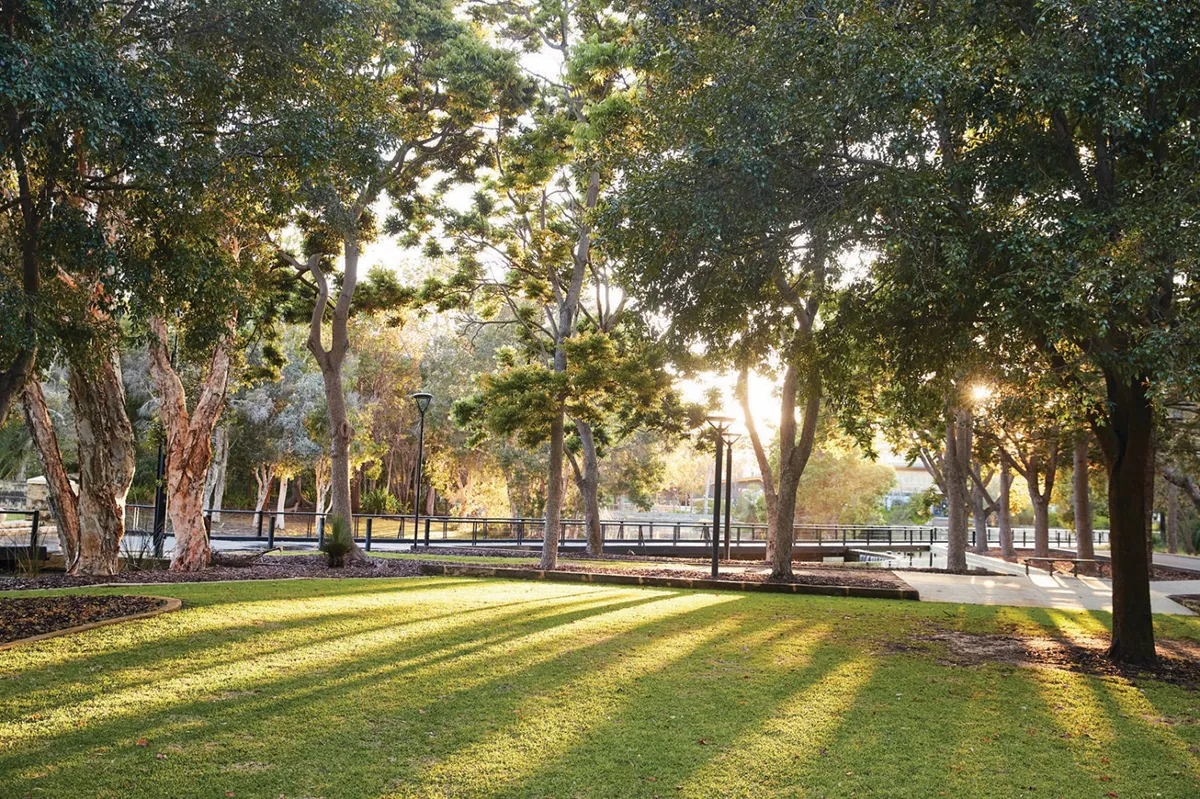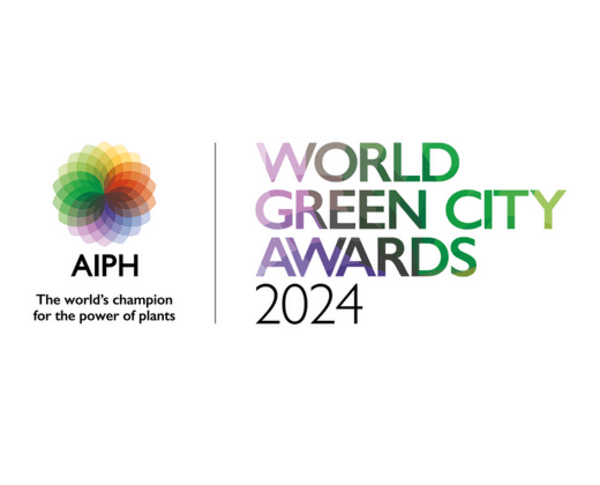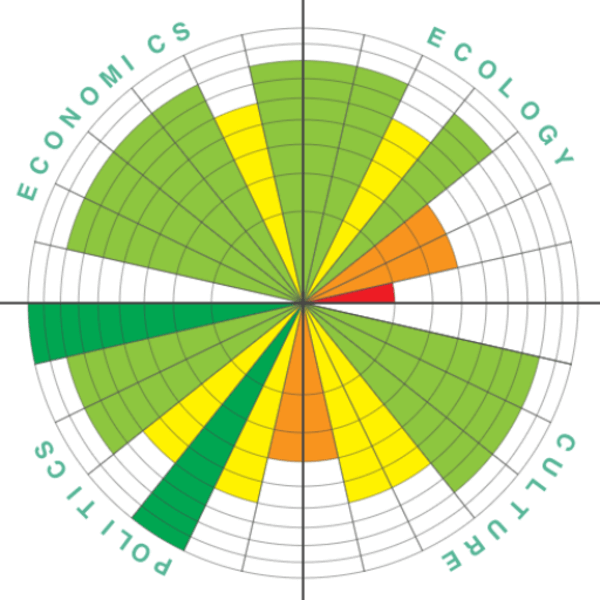City
Joondalup
Main actors
Local Government
Project area
Whole City/Administrative Region
Duration
Ongoing since 2020
The City of Joondalup is situated within the south-west corner of Western Australia, a global biodiversity hotspot, an area particularly vulnerable to climate change. Climate-related research focused on the south-west of WA identified that rainfall has decreased by approximately 15% since the mid-1970s and is projected to continue decreasing throughout this century.
This commitment to building a more liveable and resilient City is reflected in the City’s response to climate change through the implementation of the City’s Climate Change Strategy. The Strategy identifies corporate and community focused initiatives that aim to adapt and mitigate against environmental impacts of climate change, rapid urban growth and increasing heat-island effect.
The City manages and cares for approximately 365 parks, natural areas and public open spaces that are central to the wellbeing of residents and the wider community. The City is committed to enhancing public open spaces, improving water efficiency, ecological health and visual amenity while creating places for the community to enjoy.
This is an abbreviated version of a case study originally published by AIPH with information provided by the city of Joondulup in their entry for the AIPH World Green City Awards:
Link to full case study.
AIPH World Green City Awards
This project was awarded the 'AIPH World Green City Awards' in 2024 in the following category: Youth Award, Living Green for Climate Change.
External links / documents
On Map
The Map will be displayed after accepting cookie policy
